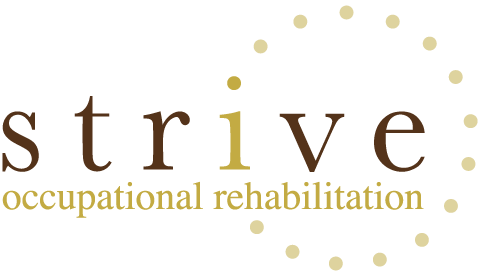Our self-talk, or that inner monologue, is what tells us what to do, and how we feel about what’s going on in the world around us – including our own actions, and where we fit in relation to those around us.
Self-talk tells us what to do and how to feel about events and situations. Some self-talk is helpful, but other self-talk can be unhelpful and undermining, keeping us from fully experiencing parts of our personality that we might have been led to believe are undesirable.
The way we talk to ourselves really does shape our reality. Self-talk has been shown to directly affect our mental health and wellbeing – there is a wealth of evidence demonstrating that by being more mindful of our self-talk we can improve mood, self-esteem, and stress management, and reduce symptoms of depression and anxiety.
The first step to changing our self-talk, is to first notice what’s we’re saying to ourselves in the first place. Spend a day or a week and take some time to home in on the say you are speaking to yourself – particularly when something feels really difficult. Some of the things I noticed just while writing this blog post included:
- “aah forgot to answer that email, idiot”
- “oops missed that thing, probably going to get in trouble”
- “you always do this”
- “that sentence sounds like shit”
- “I’m such an idiot sometimes”
Once we notice some of the yucky, unhelpful things we’re saying to ourselves, we can change the change the script a little to become a bit more gentle with ourselves – if this sounds like a stretch it might help to read some more about self-compassion here.
You might find it helpful to give yourself some space from your thoughts by reminding yourself that thoughts are not necessarily real or true, they’re just thoughts or observations. Try first changing the critical self-talk to something more neutral: thinking “I forgot to answer that email” without calling yourself names, or thinking “that sentence could use some work” instead of berating yourself, is a far more neutral, and helpful way to talk to yourself.
Once you can tolerate neutrality, you might be able to start with some positivity or kindness – start by incorporating affirmations such as “I’m doing my best”, “I know I’m trying really hard”, “I did a great job today”. Even if you can’t nix critical self-talk altogether, just by being mindful and making a conscious effort to balance the scales and to wonders for our wellbeing and overall happiness.
#StriveToBeMindful

